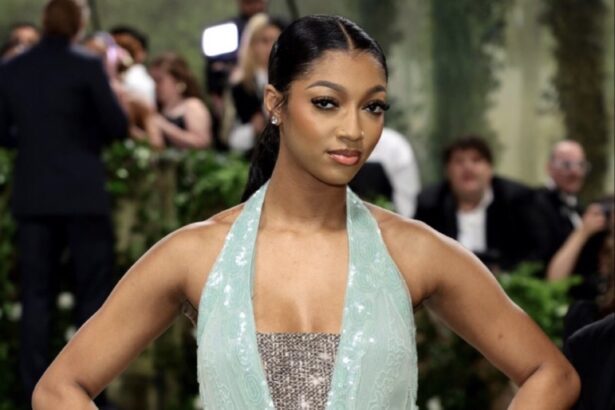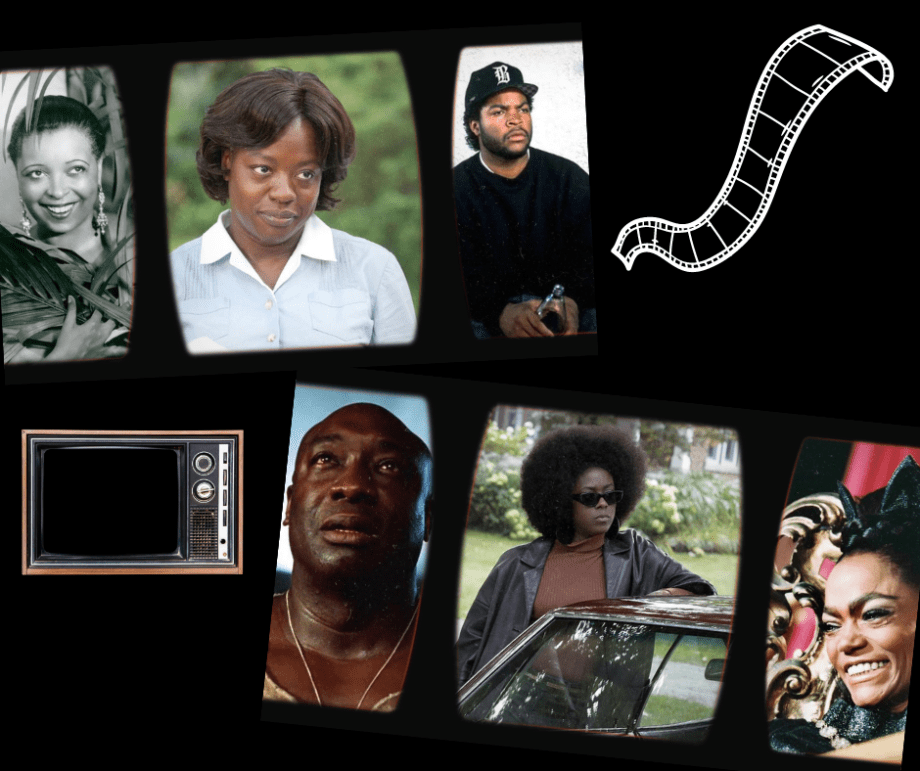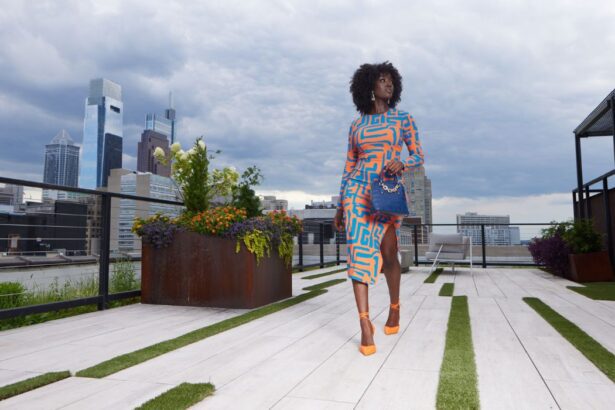Recently, I stumbled upon an interview with the cast of the film American Fiction, a comedy-drama directed by Cord Jefferson. The discussion, hosted by Entertainment Weekly, featured Jeffrey Wright, Tracee Ellis Ross, Sterling K. Brown, and Erika Alexander, who talked about the film’s portrayal of offensive Black stereotypes and their personal experiences with challenging such depictions in scripts. Sharing their stories, the cast members revealed that speaking out often led to being labeled as difficult.
Reflecting on the interview prompted me to reconsider the historical portrayal of Black actors in the film and television industry. It’s important to examine where Black actors have been, their achievements, and the journey ahead for more accurate representation.
A Brief History of Black People’s Roles in Film and Television
Black individuals have been part of the TV and film industry for decades. Ethel Waters made history by becoming the first Black person to host her own show on NBC in 1939. She continued to break barriers by starring in the TV show Beulah in 1950, portraying a maid serving a white family. Unfortunately, this type of role persisted and impacted future Black actors in the industry.
Throughout the years, various stereotypical roles have been prevalent, including the domestic role, the thug role, the magical Negro, the Black best friend, and the angry Black woman, all contributing to pervasive stereotypes.
Empowering and Uplifting Roles Throughout the Years
Despite these stereotypes, positive changes have occurred over time. Notable examples include Eartha Kitt’s portrayal of Catwoman in the 1960s series Batman, as well as the key role of Saturday Night Live in advancing the careers of Black comedians.
Furthermore, influential shows like Living Single and more recent productions like Insecure, Abbott Elementary, and Pose have paved the way for positive representations of Black culture and people. Additionally, the film industry has witnessed significant changes, such as introducing Disney’s first Black princess and a Black Captain America.
While there has been visible progress in the representation of Black individuals in entertainment, it’s crucial to recognize that this progress must continue. The lasting impact of previous stereotypes means that a few movies and shows with accurate representations cannot fully undo the damage. More representation in the industry would communicate the multi-faceted nature of Black people, counteracting long-standing misconceptions.




